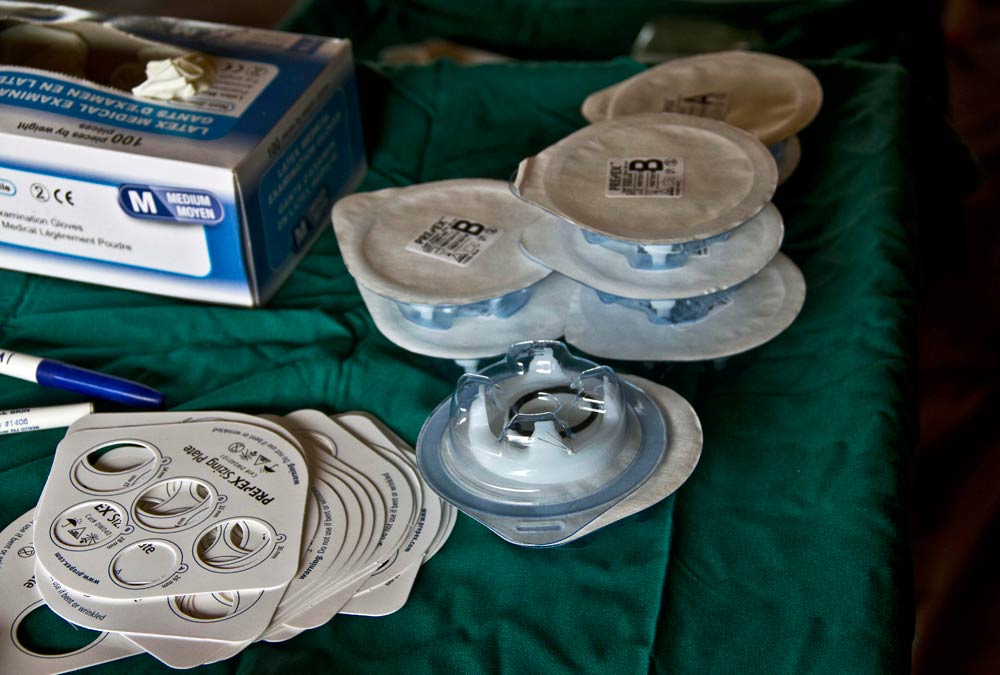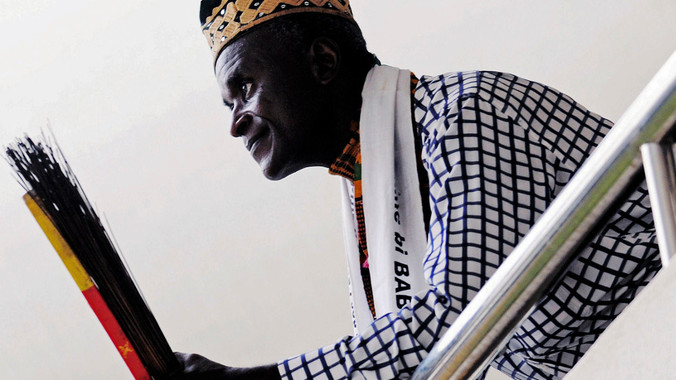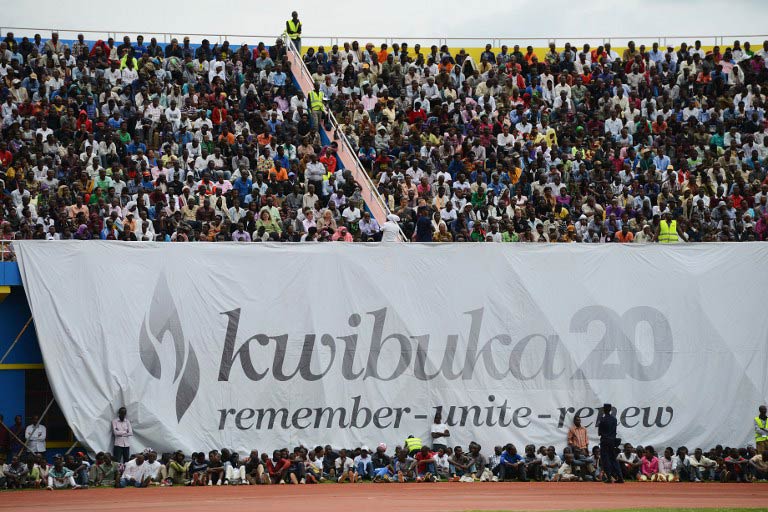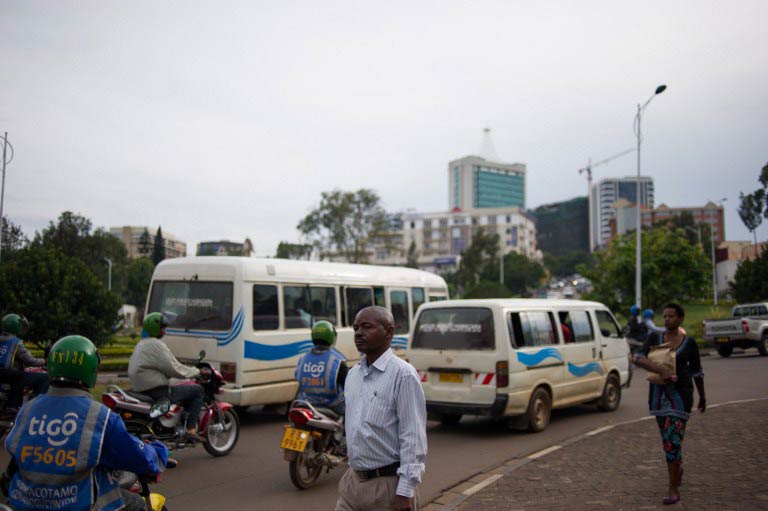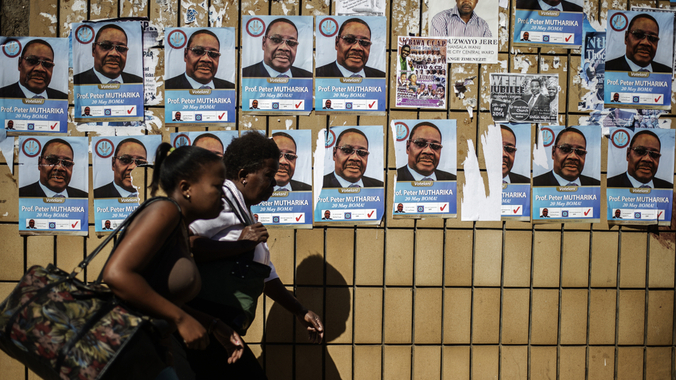
On June 14 1993, Malawians voted in a referendum to decide if they wanted to continue with one-party rule or adopt multiparty democracy. Sixty-four percent of Malawians voted against a one-party system. The referendum ended an over 30-year ban on all other political opposition in Malawi. Prior to this, the then ruling party Malawi Congress Party (MCP) was the only legitimate political grouping.
By opting for multiparty democracy, Malawians did not only reject the one-party system but departed from a certain ideology. Malawi now had a population that was no longer, if this was ever the case, united under one ideology. And when people are ideologically divided, tolerance provides key social threads that knit the societal fabric together.
This past weekend marked 21 years of multiparty democracy in the country. A number of social, economic and political factors indicate that Malawi has some way to go before it can become a truly tolerant society. Like all societies, Malawi has a historical context in which these issues must be understood.
Malawi attained democracy on the backdrop of 71 years of colonialism followed by 30 years of authoritarian rule. These regimes made Malawians inward looking: any concept, culture and way of living deemed unfamiliar to “Malawi culture” was to be rejected and avoided at all costs. This is what sustains oppressive regimes. It is a huge ask that Malawians become a tolerant society overnight. However, a sober look at the last two decades of Malawi’s democracy shows it is more mature than most critics would give it credit for.
Malawi has faced challenges that have tested its strength, maturity and resolve. One of the most notable of these challenges is former president Bakili Muluzi’s (in office between 1994 – 2004) attempt to increase presidential term limits so he could give himself a chance to seek a new mandate. Though a close vote in the end, Malawi’s Parliament stopped Muluzi’s bid and democracy ultimately prevailed.
Bingu wa Mutharika, Muluzi’s handpicked successor whose sudden death in office on April 5 2012 triggered a political transition, was another key moment that put our democracy to the test. Mutharika’s loyalists attempted to block Malawi’s then vice-president Joyce Banda’s succession of Mutharika as per constitutional stipulation. Again, the rule of law prevailed and President Banda was sworn in on April 7 2012 as the fourth president of the Republic of Malawi.
Joyce Banda lost this year’s elections to Bingu wa Mutharika’s brother, Peter. Banda finished a distant third, Lazarus Chakwera of Malawi Congress Party finished second. She is the first sitting president to lose an election since Malawi adopted multiparty democracy. Banda alleged electoral flawed and failed in her attempt to call for a re-run. It took eight tense days before the national electoral body finally announced the winner and Banda conceded victory to Peter Mutharika. This was yet another stern test for Malawi’s democracy, and the country passed it.
It is not unheard of that sitting presidents refuse to accept defeat and settle for power-sharing deals. It happened in Kenya in 2007-2008, in Zimbabwe in 2008 and in Côte d’Ivoire in 2010 when Laurent Gbagbo refused to concede electoral defeat, plunging the country into violence.
Recently, Mail & Guardian Africa published an article attributing Banda’s acceptance of the election results and the fact that she allowed fair contest to her gender. The logic of this argument is questionable and is not fully supported by facts. For a start, the history of presidential successions in Malawi shows that Banda’s acceptance of electoral defeat, albeit reluctantly, is in line with the trend of Malawi’s democracy. The change of power in the country has always been peaceful but not without minor resistance.
Malawi, like many African democracies, has a long way to go, especially in the areas of social, economic and human development. There is too much politicking in the country, which takes more precedence than service delivery. Fifty-two percent of Malawians live below the international poverty line. Service delivery remains very poor – a 2010 World Bank report indicated that only 9% of 14.8 million Malawians had access to electricity by 2009.
Findings by Water for People, an NGO advocating for safe drinking water in the country since 2000, show that only 62% of peri-urban areas have access to water that meets government standards, while in rural areas only 45% of people have access to safe drinking water.
These are the areas where democracy has clearly failed to deliver in Malawi. If left unchecked, it could result in voter apathy, which is harmful for a developing democracy. We need people to continue participating in politics, but if voting patterns are anything to go by, Malawians are already losing trust in political parties.
The number of independent parliamentarians in the country has grown with every election. There was no single independent MP in 1994 when Malawians voted for the first time. Ten years later, 40 independent MPs won elections. The 2014 elections produced more independent MPs – 52 – than any political party.
There is this general perception that African democracies are flawed, which is not without justification of course, but which democracy is perfect? The danger of this view is that we tend to concentrate on the negatives only. Malawi’s democracy has shown resilience when faced with tricky situations. Service delivery and the Cashgate scandal continue to cast a shadow but when it comes to succession, politicians in Malawi have always respected the rule of law, which is a good sign for any democracy.
Jimmy Kainja is an academic, lecturing at Chancellor College, University of Malawi. He’s also a current affairs and political analyst and blogger. He is interested in news media, communications and political & social changes, particularly in Malawi. He blogs at www.jimmykainja.co.uk. Follow him on Twitter:@jkainja

